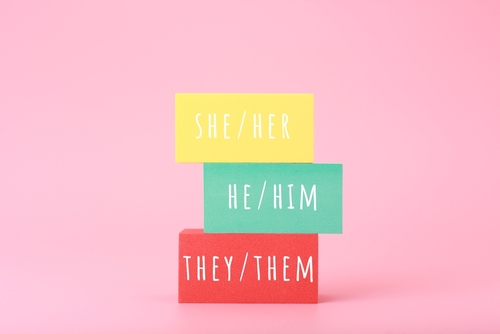
Personal pronouns and why they important
Personal pronouns are words that are used instead of people’s names. Each individual may want to be addressed using pronouns that represent their gender identity (e.g., ‘they,’ ‘he,’ ‘she,’ ‘and so on). It’s fine if you’re not sure where to begin when it comes to pronouns.
You should not make an assumption about someone’s pronouns from the way they express themselves or portray themselves.
You can refer to someone whose pronouns you don’t know with gender-neutral pronouns (they/them, Xe), regardless of how they display their gender.
What is the importance of pronouns?
Pronouns, like names, are used by many people to affirm their gender identity in everyday life. Using someone’s correct pronouns is a direct method to express your support and validate their gender identity. Respect is demonstrated by acknowledging and utilizing someone’s pronouns.
How should I use pronouns correctly and respectfully?
Never make assumptions about someone else’s pronouns. If you’re not sure of someone’s pronouns during a discussion, you might say yours as a ‘soft ask’ (saying one’s own pronouns in the hopes that the other person would answer with theirs), and they could share theirs as an exchange.
If you want to inquire, phrasing it as ‘What are your pronouns?’ is better than asking ‘Are your pronouns this [or] that?’ such that no assumptions are made.
Do not forget that pronouns are context-specific; it may not always be appropriate to address someone by their preferred pronouns in front of certain individuals, particularly those who may have authority over them. It’s crucial to take the time to determine when and places where using someone’s authentic pronouns in front of others is appropriate.
Related: What does it mean to be non-binary?
What if I misgender someone?
To misgender someone, in our case, is to use an incorrect pronoun when referring to someone.
Accidents happen; simply apologize and correct yourself if you mix up someone’s pronouns! Make no big issue about it, and avoid making excuses for why you made the error (for example, ‘I have a bad memory,’ ‘it’s just very hard sometimes,’ or ‘I’m not accustomed to using those pronouns’).
These kinds of phrases are frequently upsetting to people who are attempting to claim new pronouns or pronouns that differ from those allocated at birth.
What are your pronouns?
